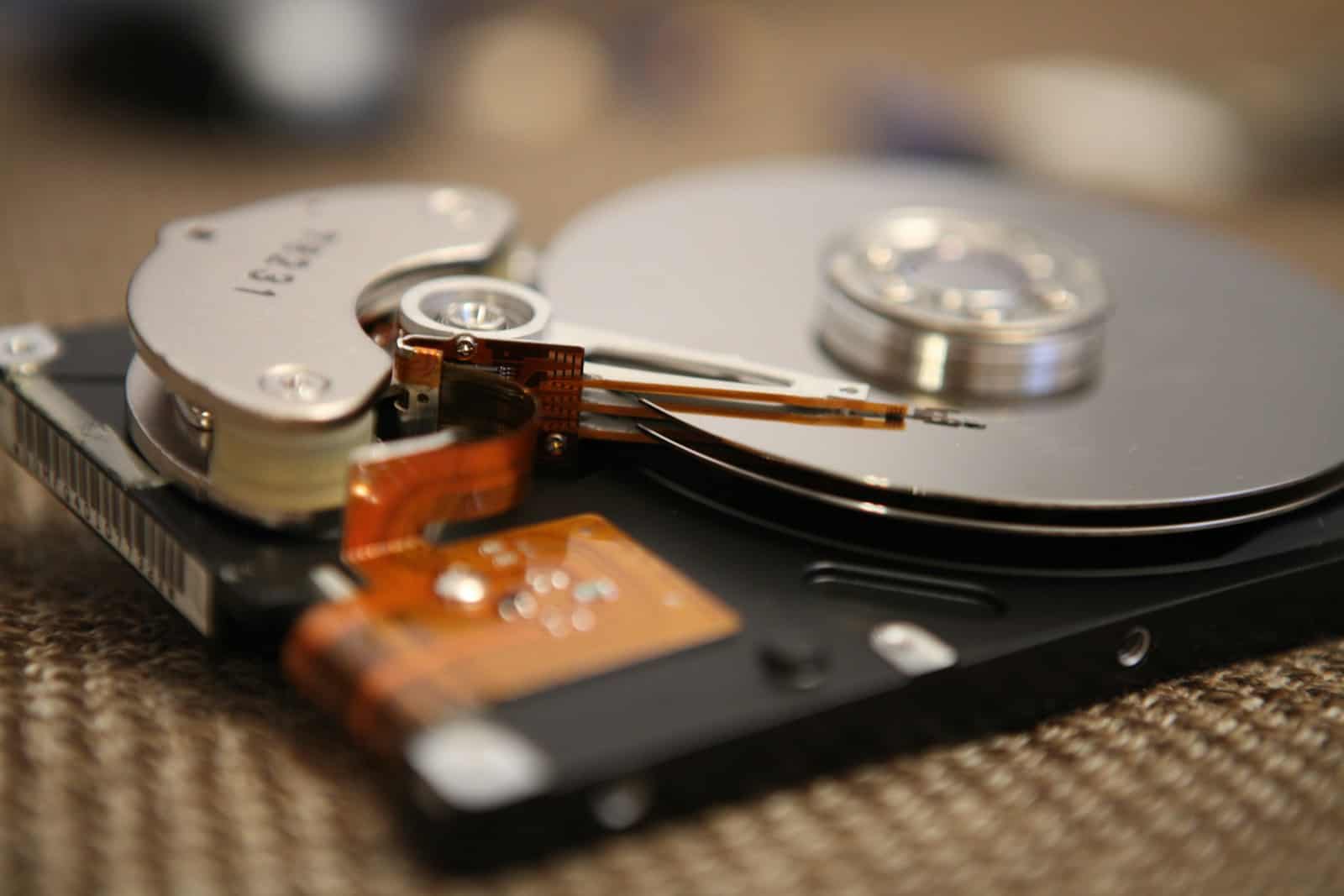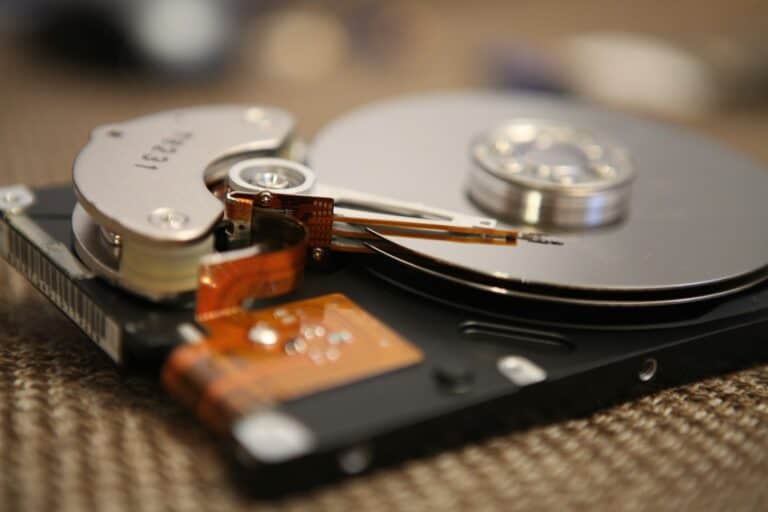When computer problems strike, many people worry about their personal files and private information. The thought of strangers accessing photos, documents, and sensitive data can make anyone nervous about using repair services.
Computer repair shops can access your data without your password using special tools and techniques that bypass normal security measures. Technicians can boot computers from external drives or use software that recovers passwords. This means your files, photos, and personal information could be viewed even if you never shared your login details.
The good news is that you can protect yourself. Simple steps before dropping off your device can keep your data safe. Understanding the risks and knowing which shops follow proper privacy practices helps you make smart choices about repairs.
Can Computer Repair Shops Steal Your Data Without a Password? — A Guide
When you take your computer or smartphone to a repair shop, you trust the technicians to fix your device without invading your privacy. But can repair shops access or steal your data even if you don’t give them your password? Here’s what you need to know.
How Repair Shops Might Access Your Data Without a Password
- Unencrypted Drives and Files
If your hard drive or storage device is not encrypted, technicians can potentially access your files by removing the drive or booting the computer from an external device. This allows them to view and copy your data without needing your login credentials. - Bypassing Passwords
Skilled technicians may use software tools or techniques to bypass or reset passwords, especially on older or less secure systems. Some operating systems or configurations may have vulnerabilities that make this easier. - Requesting Credentials Unnecessarily
Some repair shops ask for your device password even when it’s not essential for the repair. This can give them direct access to your personal data. Always question why your password is needed and consider whether the repair can be done without it. - Snooping During Repairs
Studies show that it’s not uncommon for technicians to look through private files, photos, or documents when they have access to the device, even if it’s not required for the repair.
How to Protect Your Data Before Repair
- Backup Your Data
Always create a full backup of your important files before handing over your device. This ensures you don’t lose anything if data is deleted or tampered with. - Encrypt Your Drive
Use full-disk encryption (e.g., BitLocker on Windows, FileVault on macOS) so that even if someone removes your drive, they cannot read your files without the encryption key. - Remove Sensitive Data
If possible, temporarily move or delete sensitive files before repair. You can restore them after the device is fixed. - Use Guest or Limited Accounts
Create a temporary user account with limited access for the technician, instead of giving your main password. - Ask for a Repair Agreement
Some shops provide agreements promising not to access your data. While not foolproof, it adds a layer of accountability.
What to Do If You Suspect Data Snooping
- Change your passwords immediately after getting your device back.
- Monitor sensitive accounts for unusual activity.
- Consider reinstalling your operating system to remove any potential spyware or malware.
- Report the incident to the repair shop management or relevant consumer protection authorities.
Summary
While many repair technicians are trustworthy professionals, there is a real risk that your data can be accessed or stolen without your password, especially if your drive is unencrypted or if you provide your credentials unnecessarily. Taking precautions like encrypting your drive, backing up data, and limiting access can greatly reduce this risk.
Key Takeaways
- Repair technicians can bypass passwords using external drives and specialized software tools
- Taking protective steps like backing up data and logging out of accounts reduces privacy risks
- Choosing reputable repair shops with clear privacy policies helps protect your personal information
Frequently Asked Questions
Many device owners have concerns about data privacy when seeking computer repairs. These questions address common worries about technician access, protective measures, and steps users can take to safeguard their information.
What measures do computer repair technicians take to ensure client data privacy?
Most repair shops lack formal privacy policies or data protection protocols. Research shows that many technicians ask for device passwords even when repairs don’t require file access.
Some reputable shops train staff on privacy best practices. They limit access to only necessary system areas during repairs.
However, studies reveal that technicians at many locations still browse personal files. Six out of 16 repair providers in one study had staff who accessed customer data without permission.
Are there any protocols in place to prevent unauthorized access to data during computer repairs?
Few repair shops have established protocols to prevent data snooping. Most locations operate without clear privacy guidelines for their technicians.
The repair industry currently lacks standard data protection practices. Many shops don’t monitor what their staff access on customer devices.
Some technicians even clear their browsing history to hide evidence of unauthorized access. Others zoom in on file thumbnails to avoid leaving digital traces.
What should I do before handing over my device to a repair service to protect my personal information?
Create a backup of important files before taking your device for repair. Remove or encrypt sensitive documents, photos, and personal information.
Change your passwords after getting your device back. Clear browser history and saved login credentials before the repair visit.
Create a separate user account with limited privileges for the repair technician. This prevents access to your personal files and settings.
Consider removing the hard drive entirely if the repair doesn’t require it. Store it safely until you get your device back.
How can I verify that a computer repair shop is trustworthy and follows data protection policies?
Ask the repair shop about their privacy policy before leaving your device. Request written documentation of their data protection practices.
Research online reviews and check for complaints about privacy violations. Look for shops that have been in business for several years with good reputations.
Choose repair providers that don’t require your password for simple hardware fixes. Legitimate shops can often complete repairs without accessing your personal files.
Ask about their staff training on data privacy. Reputable shops should have clear policies about accessing customer information.
What are the legal ramifications for a repair technician who accesses and steals client data?
Unauthorized access to personal data violates federal and state privacy laws. Technicians who copy or steal customer files face criminal charges.
Data theft can result in identity theft charges and significant fines. Repair shops may face lawsuits from affected customers.
However, enforcement remains limited in the repair industry. Many privacy violations go unreported or undetected by customers.
Victims can file complaints with state consumer protection agencies. They may also pursue civil lawsuits for damages caused by data breaches.
In what circumstances might a repair shop legitimately need access to my personal files?
Malware removal often requires technicians to scan and access various system files. Virus cleaning may involve checking documents and downloads for infected content.
Software troubleshooting sometimes needs access to user profiles and application data. Operating system repairs may require administrator-level access to personal folders.
Data recovery services must access files to retrieve lost information. Hardware diagnostics may involve running tests that access storage areas.
Most basic repairs like screen replacement or battery changes don’t require file access. Audio driver fixes and similar hardware issues shouldn’t need personal data access.




